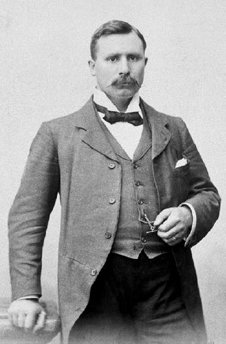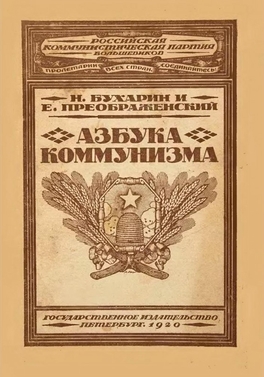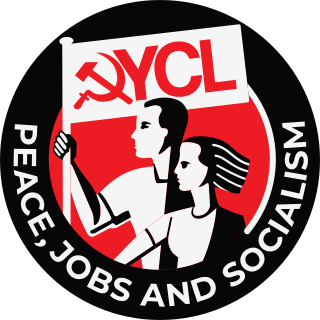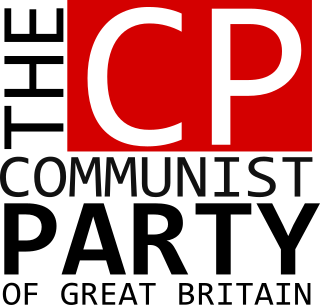Related Research Articles
There have been various groups in Canada that have nominated candidates under the label Labour Party or Independent Labour Party, or other variations from the 1870s until the 1960s. These were usually local or provincial groups using the Labour Party or Independent Labour Party name, backed by local labour councils made up of many union locals in a particular city, or individual trade unions. There was an attempt to create a national Canadian Labour Party in the late 1910s and in the 1920s, but these were only partly successful.

Thomas Mann, was an English trade unionist and is widely recognised as a leading, pioneering figure for the early labour movement in Britain. Largely self-educated, Mann became a successful organiser and a popular public speaker in the British labour movement.

James Larkin, sometimes known as Jim Larkin or Big Jim, was an Irish republican, socialist and trade union leader. He was one of the founders of the Irish Labour Party along with James Connolly and William O'Brien, and later the founder of the Irish Worker League, as well as the Irish Transport and General Workers' Union (ITGWU) and the Workers' Union of Ireland. Along with Connolly and Jack White, he was also a founder of the Irish Citizen Army. Larkin was a leading figure in the Syndicalist movement.

The Red International of Labor Unions, commonly known as the Profintern, was an international body established by the Communist International (Comintern) with the aim of coordinating communist activities within trade unions. Formally established in 1921, the Profintern aimed to act as a counterweight to the influence of the so-called "Amsterdam International", the social-democratic International Federation of Trade Unions, an organization which the Comintern branded as "class-collaborationist" and as an impediment to revolution. After entering a period of decline in the middle 1930s, the Profintern was finally dissolved in 1937 with the advent of Comintern's "Popular Front" policy.

The Irish Transport and General Workers Union (ITGWU) was a trade union representing workers, initially mainly labourers, in Ireland.
John Thomas Murphy was a British trade union organiser and Communist functionary. Murphy is best remembered as a leader of the communist labour movement in the United Kingdom from the middle 1920s until his resignation from the Communist Party of Great Britain in 1932.

Roderick James Connolly was a socialist politician in Ireland. He was also known as "Roddy Connolly" and "Rory Connolly".

John Turner Walton Newbold, generally known as Walton Newbold, was the first of the four Communist Party of Great Britain members to be elected as MPs in the United Kingdom.
The Labour Party has been part of the political scene in Ireland throughout the state's existence. Although never attracting majority support, it has repeatedly participated in coalition governments. The party was established in 1912 by James Connolly, James Larkin, and William O'Brien and others as the political wing of the Irish Trades Union Congress. It intended to participate in a Dublin Parliament that would follow passage of the Home Rule Act 1914, which was suspended on the outbreak of World War I. Connolly was executed following the Easter Rising in 1916, and was succeeded as leader by Thomas Johnson. The party stood aside from the elections of 1918 and 1921, but despite divisions over acceptance of the Anglo-Irish Treaty it took approximately 20% of the vote in the 1922 elections, initially forming the main opposition party in the Dáil Éireann (parliament) of the Irish Free State. Farm labourers already influenced by D.D. Sheehan's Irish Land and Labour Association (ILLA) factions were absorbed into urban-based unions, which contributed significantly to the expansion of the Irish trade union movement after the First World War. For much of the 20th century, the Irish Labour Party derived the majority of its Dáil strength from TDs who were relatively un-ideological and independent-minded, and were supported by agricultural labourers. It was originally organised, and contested elections as, the Irish Labour Party and Trades Union Congress, until a formal separation between the ITUC and the political party occurred in March 1930.
Brian Simon was an English educationist and historian. A leading member of the Communist Party of Great Britain, his history reflected a Marxian interpretation.
The Plebs' League was a British educational and political organisation which originated around a Marxist way of thinking in 1908 and was active until 1926.
The Workers' Weekly was the official newspaper of the Communist Party of Great Britain, established in February 1923. The publication was succeeded by Workers' Life in January 1927 following a successful libel action against the paper. This was in turn replaced by The Daily Worker on the first day of January 1930.

The ABC of Communism is a book written by Nikolai Bukharin and Yevgeni Preobrazhensky in 1920, during the Russian Civil War. Originally written to convince the proletariat of Russia to support the Bolsheviks, it became "an elementary textbook of communist knowledge". It became the best known and most widely circulated of all pre-Stalinist expositions of Bolshevism and the most widely read political work in Soviet Russia.

The Young Communist League (YCL) is the youth section of the Communist Party of Britain. Although its headquarters is based in London, the YCL has active branches across England, Scotland, and Wales. Aside from sports and social programs, the YCL heavily focuses on publishing political literature, with its own political journal called Challenge.

Karl Berngardovich Radek was a revolutionary and writer active in the Polish and German social democratic movements before World War I and a Communist International leader in the Soviet Union after the Russian Revolution.

The Communist Party of Great Britain (CPGB) was the largest communist organisation in Britain and was founded in 1920 through a merger of several smaller Marxist groups. Many miners joined the CPGB in the 1926 general strike. In 1930, the CPGB founded the Daily Worker. In 1936, members of the party were present at the Battle of Cable Street, helping organise resistance against the British Union of Fascists. In the Spanish Civil War, the CPGB worked with the USSR to create the British Battalion of the International Brigades, which party activist Bill Alexander commanded.
William James Hewlett was a British trade unionist and socialist activist.
Harry Webb was a British communist activist.
References
- 1 2 "Pivotal parts in the patriot game | The Irish Voice". The Irish Voice. The Irish Voice. Retrieved 31 May 2021.
- ↑ McIlroy, John; Campbell, Alan (1 November 2020). "The early British Communist leaders, 1920–1923: a prosopographical exploration". Labor History. 61 (5–6): 423–465. doi:10.1080/0023656X.2020.1818711. S2CID 225166906.
- ↑ Noonan, Gerard (2014). The IRA in Britain, 1919-1923 : 'in the heart of enemy lines'. Liverpool: Liverpool University Press. ISBN 9781781380260.